As an Amazon Associate, I earn from qualifying purchases.
Learn all the tips and tricks for Freezing Scrambled Eggs to save money and prevent food waste. A stash of frozen scrambled eggs is great for meal prep and can be used for breakfast recipes and fast weeknight dinners!

If your meal prep game is fully on point, you’ll want to make sure that you have a stash of frozen scrambled eggs in your freezer.
They’re so simple to reheat and it means you have ONE less decision to make tomorrow morning. You’re welcome world!
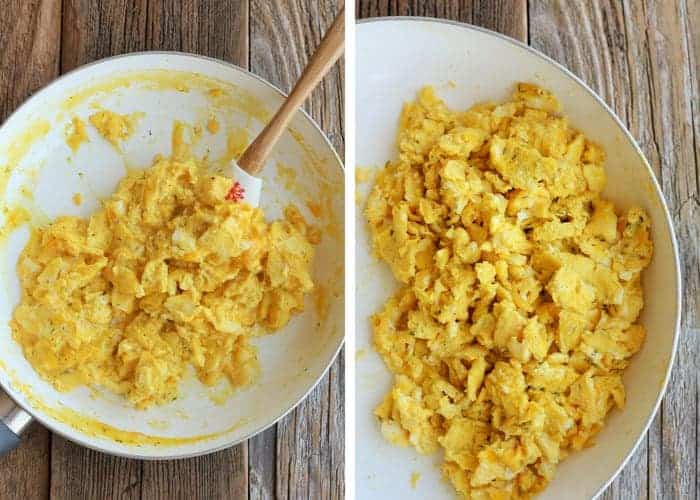
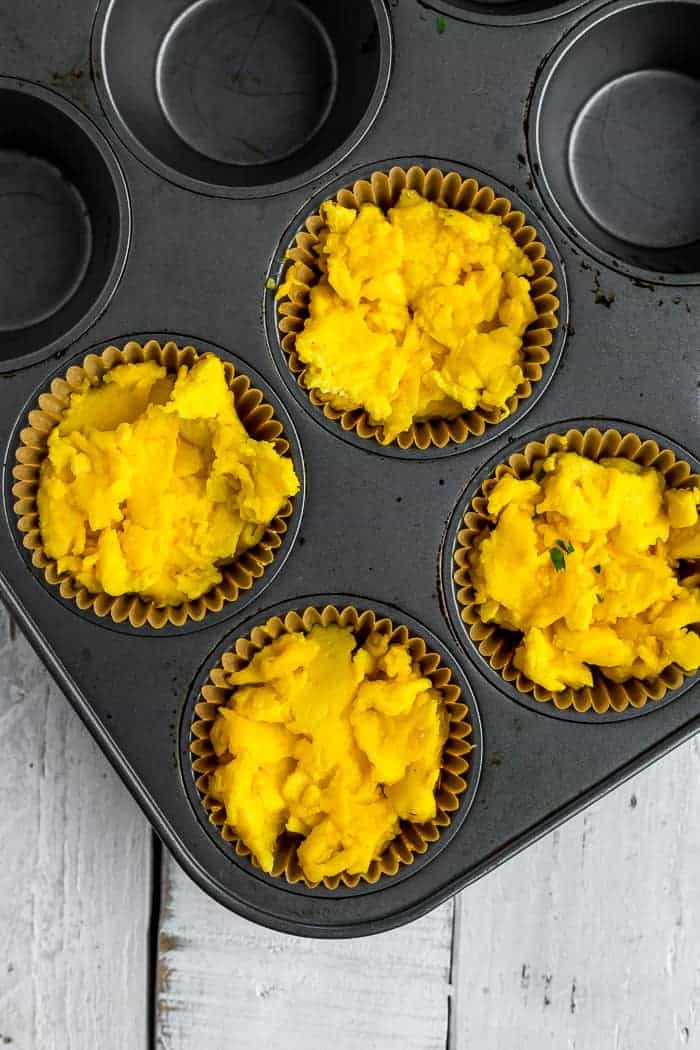
How Do You Reheat Frozen Scrambled Eggs?
The easiest way is to use the microwave. To reheat from frozen, microwave for 30 seconds and then break up the eggs a bit with a fork and cook for another 30 seconds.
I will keep 2-3 scrambled egg “pucks” in glass storage in the fridge. I microwave thawed eggs for 30 seconds.
Pro Tips/Recipe Notes
- Don’t salt your eggs until after they have finished cooking. Pre-salting causes them to release extra moisture and can result in gummy eggs.
- If possible, use parchment muffin liners. They’re the same price as regular liners, they’re compostable, and the eggs will not stick to them.
- If you can’t use a muffin tin, place some parchment or waxed paper on a plate or rimmed baking sheet and portion out the eggs so that they’re in small servings and not touching. Freeze and then transfer to storage. You can also use silicone egg molds like what we use for Instant Pot Egg Bites.
- You can store them for three to six months as long as you’re using an air-tight container. I prefer these reusable silicone bags because they are infinitely reusable, dishwasher safe, and keep the eggs protected from freezer burn.


Get my Canning e-book!
It’s 51 pages of every helpful tip and trick you could want as a brand new canner, AND it includes 13 ad-free canning recipes that are designed to take you from novice to pro.
Freezing Scrambled Eggs

Ingredients
- prepared scrambled eggs
Instructions
- Prepare scrambled eggs in your preferred manner. Slightly undercook them.
- Allow eggs to cool in the pan for 10-15 minutes.
- Transfer portions to muffin tins with prepared liners, gently pressing them down with the back of a spoon.
- Freeze, uncovered for 3 hours.
- Transfer portioned frozen eggs to freezer storage.


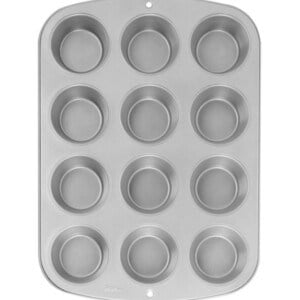
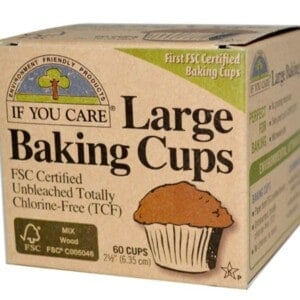


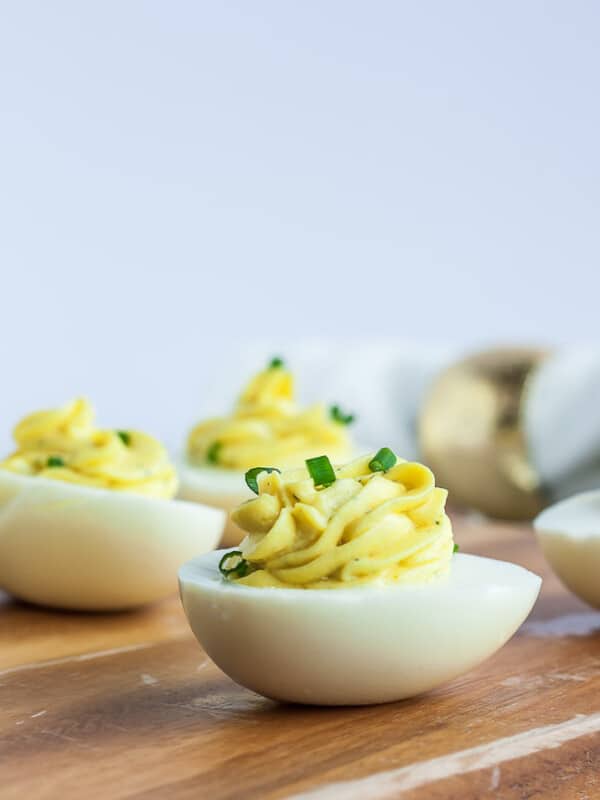
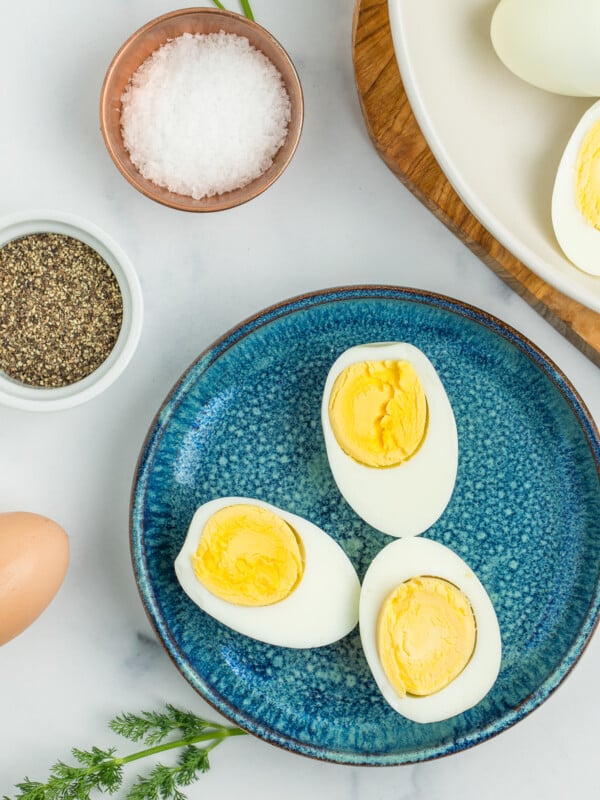
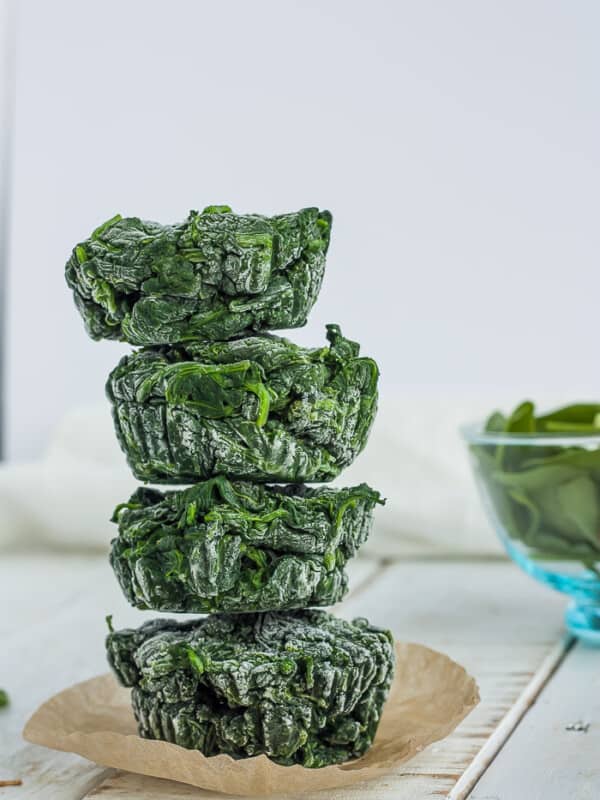
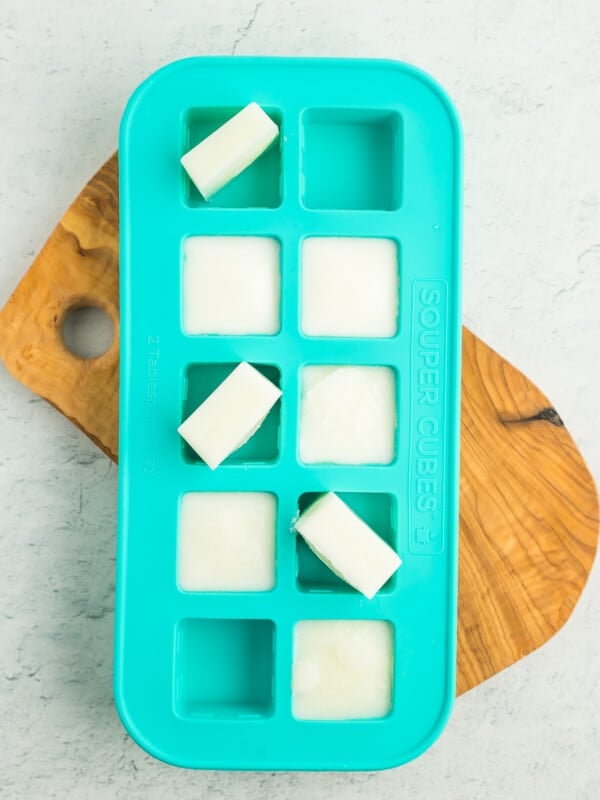
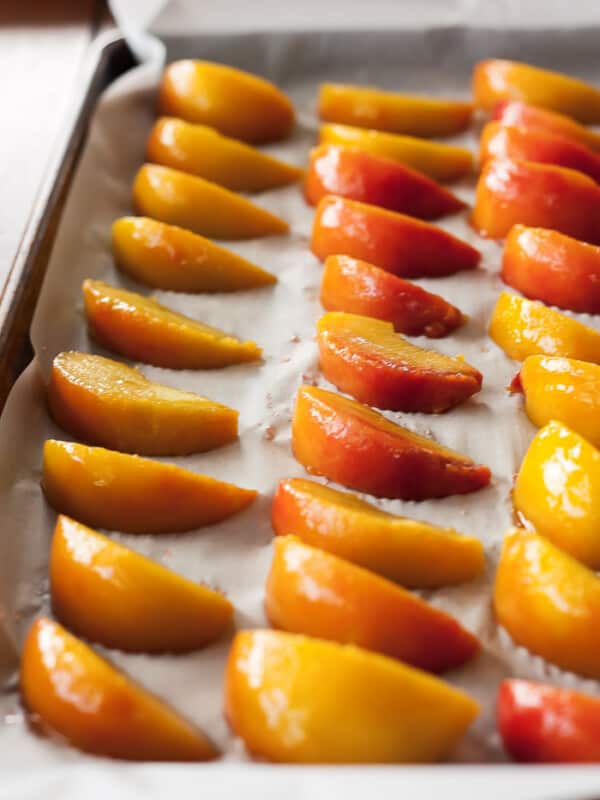






Your pictures are so good. I love that you are getting artistic with your layout. It really adds to the appeal of the post. And this post has great appeal to start with. I think I will make frozen eggs to keep on the ready! Thanks Sarah
Awww, thank you! That means a lot since I know you’ve been around for a long time. 🙂
Hi Sarah – I have a question for you: on Sundays, I make a dozen “egg muffins” to eat throughout the week. I store them in the refrigerator in plastic or glass containers. I’ve noticed that the containers and their lids are wet when I remove the muffins. I’ve tried lining the containers with small dish towels but they become damp too. In your piece about freezing scrambled eggs, you say that salt can make the cooked eggs lose moisture, and I wonder if I should omit salt from my muffin recipe? Thanks for any ideas you have about this.
Martina, the first thing I would check is if you’re allowing them to fully cool before putting them in the container. If they’re cooling IN the container, they definitely will create extra moisture.
But even if they’re fully cooled before the lid goes on the container, there will be some “sweating” throughout the week. I think salt is too delicious to leave it out of the muffins.